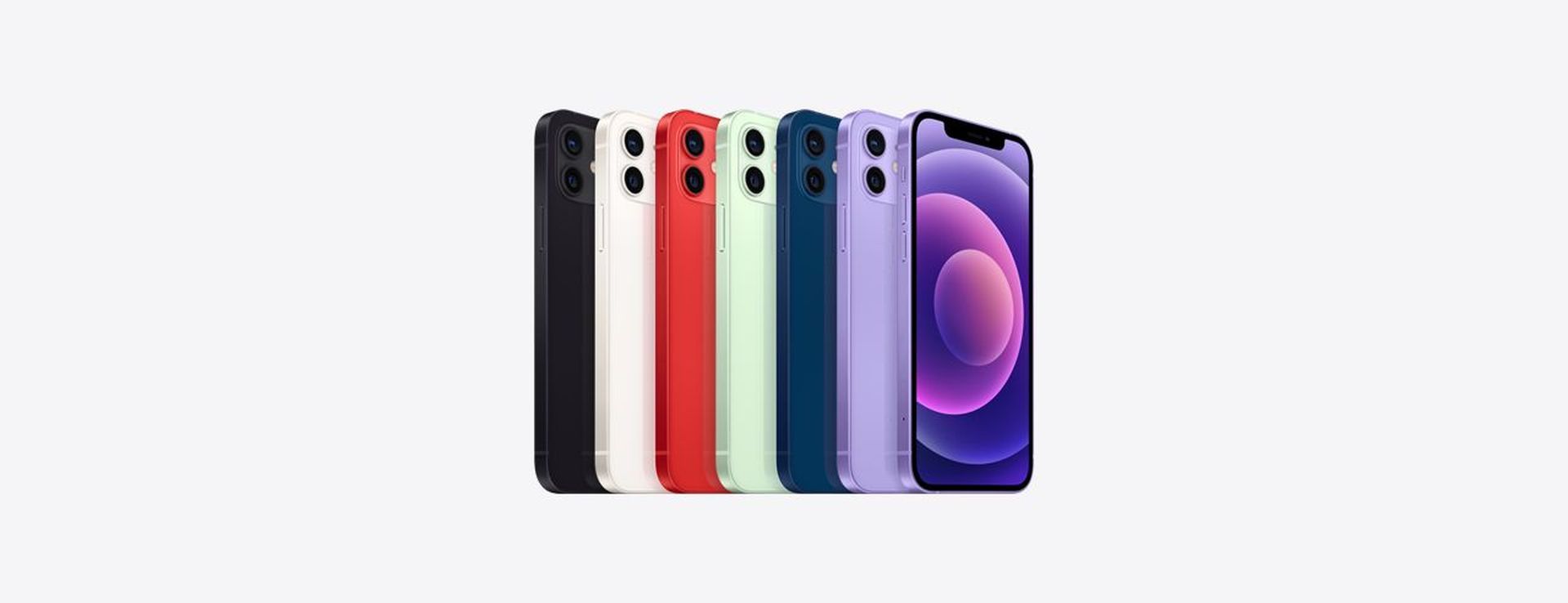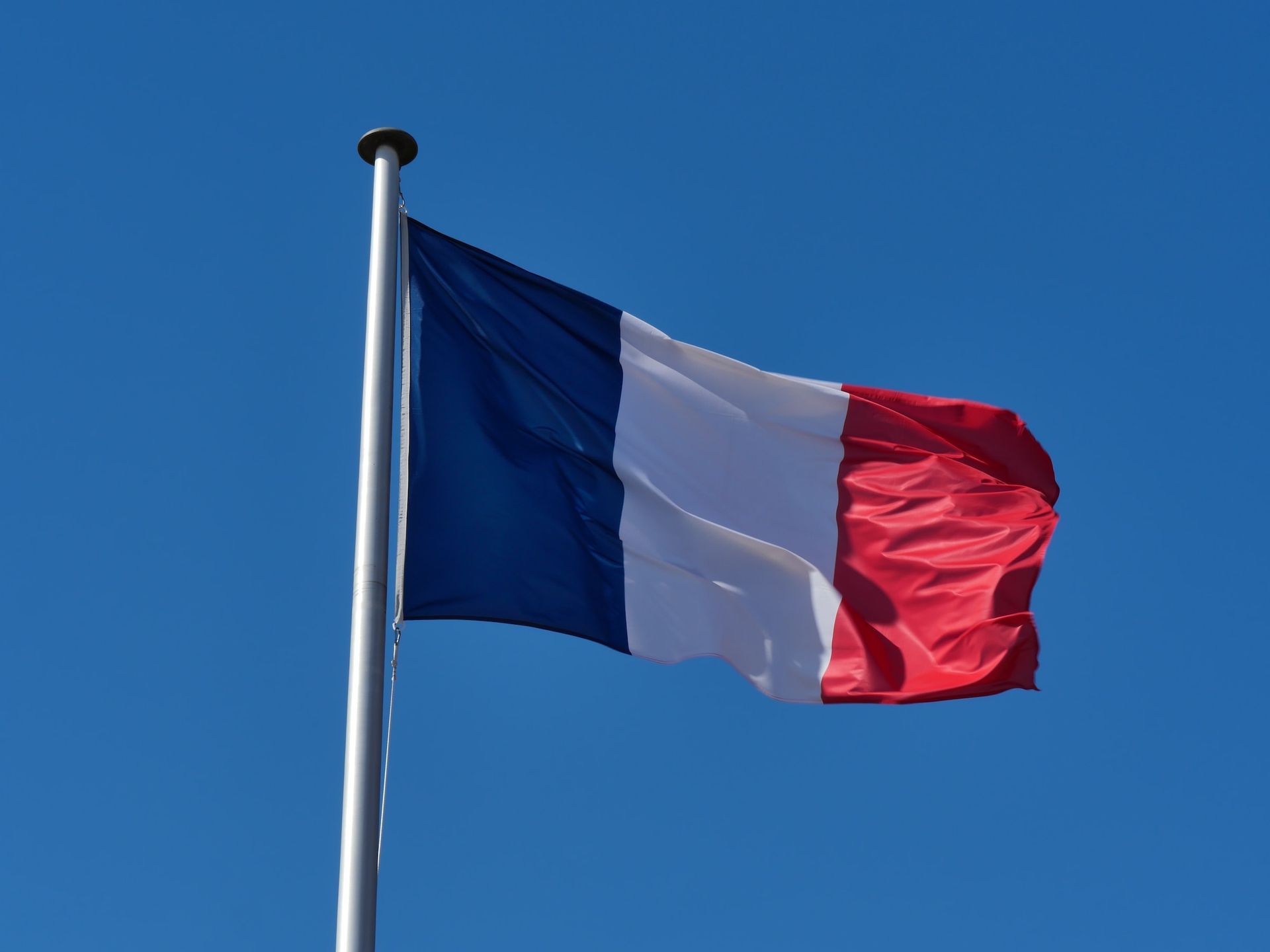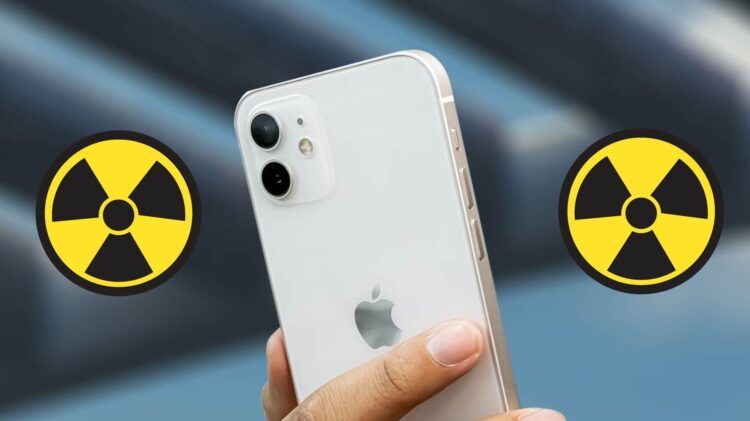In a recent development, French regulators have called on Apple to stop the sales of its iPhone model, citing concerns over the iPhone 12 radiation emission levels.
According to authorities, the device surpasses the established European Union standards for exposure. While Apple contests these findings, questions linger over why this particular model failed the tests, conducted by the agency responsible for managing wireless communications frequencies in France.

Background of the dispute on the iPhone 12 radiation levels
Released in late 2020, the iPhone 12 is now under scrutiny due to its electromagnetic wave absorption capabilities. The National Frequency Agency, which oversees these matters, conducted a battery of tests on 141 different cellphones. The results indicated that when the iPhone 12 is held in hand or carried in a pocket, it records an absorption level of 5.74 watts per kilogram—higher than the EU’s prescribed limit of 4 watts per kilogram.
Is France banning the iPhone 12?
Not just yet. The French Government seems to be showing the stick with the threat of a total recall, but such legal action has not been taken yet. Rather, in response to these findings, the French government agency has issued an order demanding Apple to rectify this issue promptly. They emphasize that the radiation levels emitted by the iPhone 12 still fall below those deemed harmful by scientific studies. Additionally, they acknowledge that their tests don’t necessarily mirror typical phone use.

Did Apple accept that the iPhone 12 emits too much radiation?
Apple has asserted that the iPhone 12 has received certification from various international bodies and adheres to global regulations and standards regarding radiation emissions. The company has presented the French agency with a series of lab results, both from their own facilities and third-party labs, confirming the phone’s compliance.
How much radiation is dangerous?
Malcolm Sperrin, the director of medical physics at the Royal Berkshire hospital group in the U.K., notes that the established radiation limits are well below the threshold for harm. He reassures users that a slight increase above this level is unlikely to have any health consequences. Sperrin also suggests that users can download an update that prevents radiation exposure from exceeding the limit.
As the debate over the iPhone 12 radiation levels continues, experts emphasize that established limits are designed to safeguard users from any potential harm. While concerns have been raised, it’s important to remember that mobile phones have been in widespread use for years, with no clear link established between their usage and adverse health effects. For those who remain cautious, using earphones or resorting to texting may offer additional peace of mind. The outcome of this regulatory dispute will undoubtedly be of interest to both Apple users and the wider tech community.

While the company continues its communication with the French authorities, it has been a rather hot week for Apple. If you are an avid or interested users, make sure to check out our article on Everything announced at the Wonderlust event to take a look at iPhone 15, Apple Watch Ultra 2 and many other new announcements.
Featured image credit: N.Tho.Duc on Unsplash and Freepik




